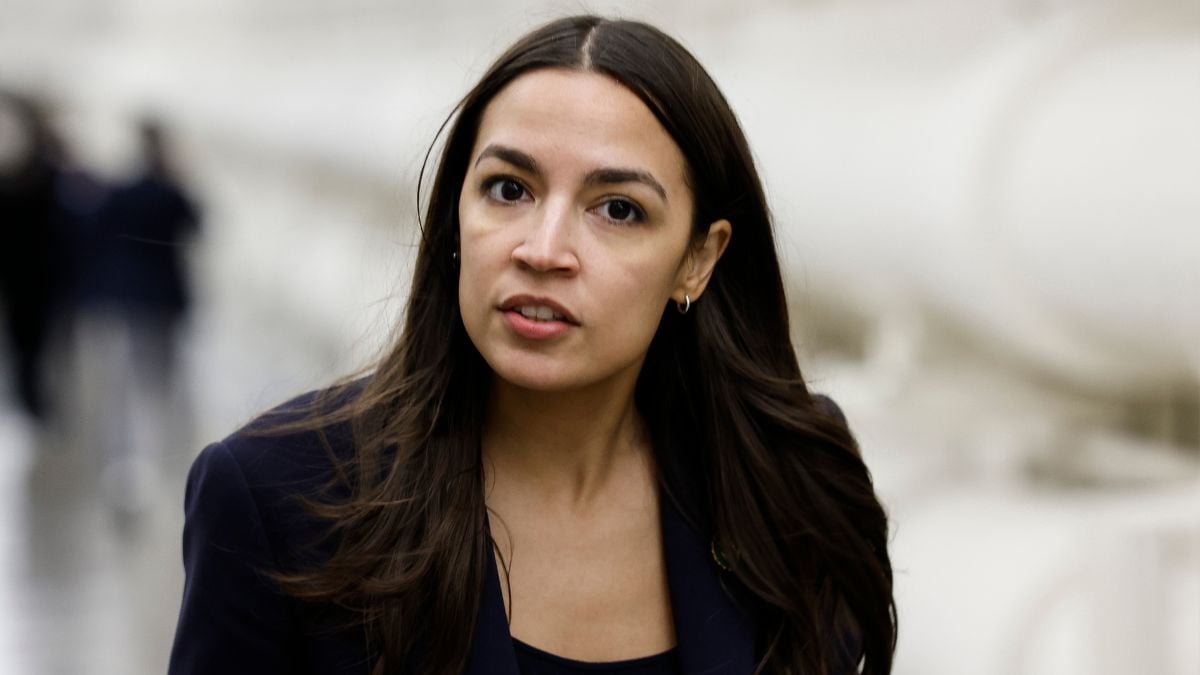
International students who want to study in the United States are going to great lengths to clean up their online presence because they are deeply worried about new visa review rules under the Trump administration. This widespread effort to remove traces of their digital activity includes unfollowing public figures and politicians, asking friends to stop sending them news links, and carefully checking their online history for anything, no matter how small, that might relate to controversial political topics.
According to Washington Post, the reason for this extreme self-censorship is a strong fear that even a harmless social media action, like liking a post or sharing a funny picture, could be misunderstood and put their years of academic work and dreams at risk. The State Department recently said it is expanding its screening process, now requiring visa applicants to make their social media accounts public.
Internal instructions given to consular officers tell them to look for any signs of hostility toward the American people, culture, government, institutions, or the country’s core values. This vague rule has left many applicants unsure about how it will be applied, so they’re going all in on purging their history. This just follows many issues Trump has with international students.
Students purge accounts of anything against Trump due to fear
Because of these strict guidelines, students are taking extreme steps to change their online profiles. One applicant said they removed all political connections from their social media, including unfollowing past and present political leaders, to avoid seeming biased. Another person described going back and unliking old posts from a well-known political figure, some from months ago. Some students have even unfollowed people whose profiles include symbols linked to pro-Palestinian views, like the Palestinian flag or a watermelon emoji.
— Eric Moutsos (@realericmoutsos) June 29, 2025
U.S. Citizenship and Immigration Services will review the social media accounts of anyone applying for a green card or a student visa and will deny them if they have posted “antisemitic” material. @realDonaldTrump is this really the road we’re headed down? pic.twitter.com/PK4fZMm1wO
Others are deleting very old posts, with one applicant removing content from as far back as 2007. Even liking charity work has become a concern, with some students taking back their likes just to be safe. One student said this reaction comes from dealing with rules that don’t seem logical.
“Anything that could be seen as having a side, I unfollowed. I unfollowed AOC, Kamala, Biden, Obama, everyone,” said Madeline, a visa applicant. “It seems very dystopian.”
These precautions affect not just online behavior but also the idea of free expression and what it means to follow America’s “founding principles.” Many applicants feel these defensive actions go against the very ideals that attracted them to study in the U.S., especially free speech. One student said they now feel forced to create a “bland” online identity, which makes them feel heavily restricted in expressing themselves. Another student deleted a joking post about frustration, worried that immigration officials might see it as a sign of violence.







